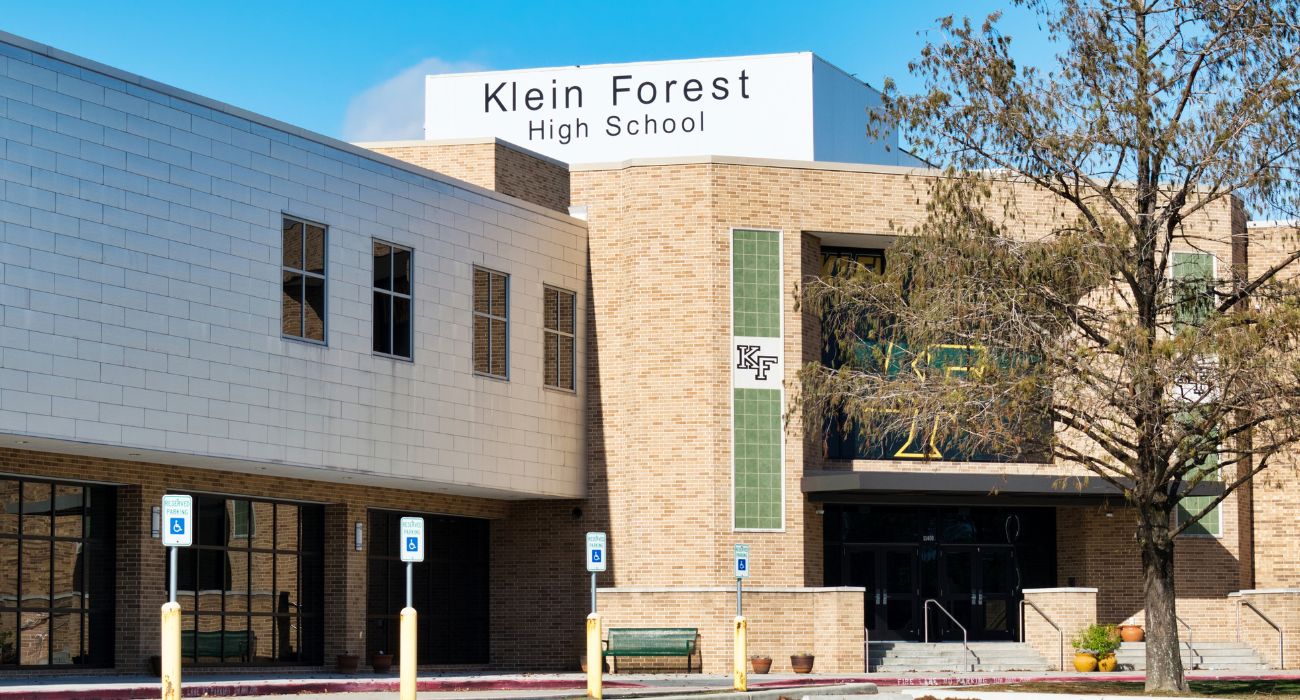Tesla has reached an agreement with the Biden administration to open up its Supercharger network to its competitors.
In a plan announced Wednesday, government officials said they are looking to streamline electric vehicle (EV) chargers to work with every vehicle instead of a fragmented charging industry that would have public and private chargers, according to Yahoo Finance.
As part of the Bipartisan Infrastructure Law, the Biden administration has earmarked $7.5 billion for an EV charging initiative that provides subsidies to companies if they meet a set of requirements, which include domestically made and assembled components, TechCrunch reported.
Tesla and General Motors have agreed to build charging stations that would operate with any electric vehicle to take part in these subsidies, Yahoo Finance reported.
“These new standards will make it so that you can charge your EV along major highways as easy as you can fill up for gas — no matter what kind of car you drive or what state you’re in,” White House Infrastructure Coordinator Mitch Landrieu said.
As previously reported by The Dallas Express, Landrieu met with Tesla CEO Elon Musk in January to discuss the new requirements and the logistics of increasing EV manufacturing.
In a meeting last year between EV CEOs, Landrieu said that Musk “was very open, he was very constructive, and, at that time, he said his intent was to work with us to make his network interoperable,” Yahoo Finance reported.
“There is no doubt the $7.5 billion in federal charging investment threatens Tesla’s competitive advantage. That is actually the entire point of the program,” Chris Harto, a senior policy analyst at Consumer Reports, told Reuters.
The Biden administration’s plan calls for a national network of 500,000 EV chargers along highways and that all EV chargers funded through the Bipartisan Infrastructure Bill, are built in the U.S., according to The White House.
The new chargers will require a smartphone-friendly standardized payment system, and all connectors will use the combined charging system.
Currently, Tesla does not use the combined charging system in North America. Instead, Tesla uses a proprietary connector that only works with Tesla vehicles, according to TechCrunch.
Under the new deal, Tesla will allow some of its Supercharger and destination charger networks to connect with non-Tesla electric vehicles. Tesla will have the option to retrofit existing charging stations to implement the change, according to Yahoo Finance, but this only serves a portion of the ambitious plan to drastically expand EV charging availability.
“Tesla’s EV charging network represents a big percentage of the existing U.S. EV charging network but will make a relatively small contribution to the 500,000 EV chargers that we need in just a few years,” Hemal Doshi, CEO of Plano-based Universal EV Chargers told The Dallas Express.
“Still, we applaud Tesla’s decision. Electrification of the transportation sector is going to take every one of the current EV charger suppliers to meet projections. I believe there will be plenty of opportunities to go around, and this is a time for us all to do our best to meet the challenges of the electric vehicle transition,” said Doshi, whose company aims to build the biggest EV charging network in Texas.
The White House says Tesla will make 7,500 chargers compatible with all EVs by 2024.
While the deal indicated a commitment from Tesla, the White House previously issued a memo that Tesla would open its chargers to competitors by the end of 2022, but that goal did not come to fruition, TechCrunch reported.
One Tesla supporter feels that opening Tesla up to its competitors could hurt its brand satisfaction by eliminating some of its exclusivity.
“If the experience goes down in charging, that’s a huge moat they have to protect against the competition,” Ross Gerber, CEO of Gerber Kawasaki, previously told The Dallas Express.
Other companies have announced plans to build charging networks as well, according to the White House. Rental car company Hertz and oil giant BP are building a network of interoperable stations centered around airports.
Mercedes-Benz, Volvo, Starbucks, and TravelCenters of America have also indicated commitments to build chargers, according to the White House.
Nationally, The White House says the government will operate a network of 500,000 EV chargers by 2030, the same year that the government expects half of all vehicle sales will be electric.
Energy Secretary Jennifer Granholm said both targets are on track.
“We’re well on our way, we got to keep our foot on the accelerator,” she said, as per Yahoo Finance.






